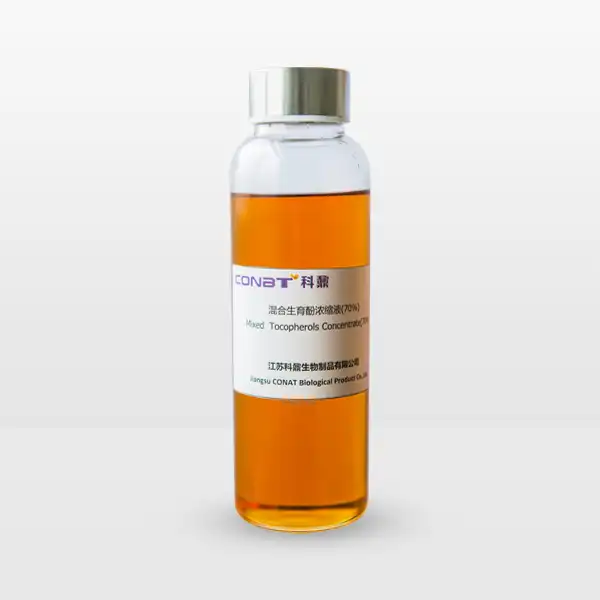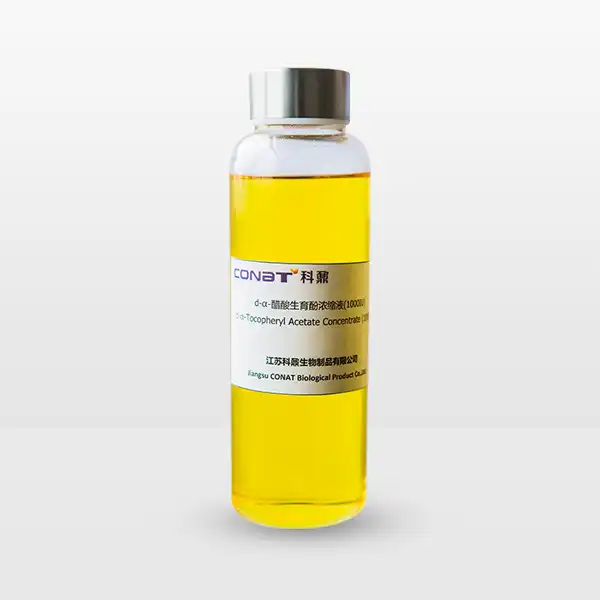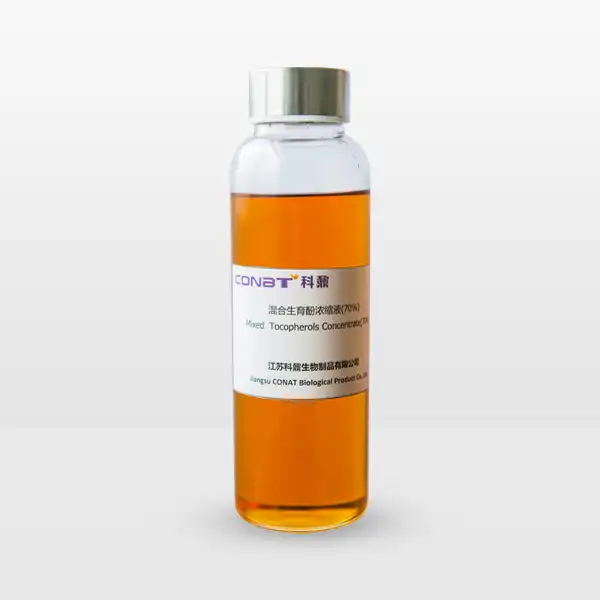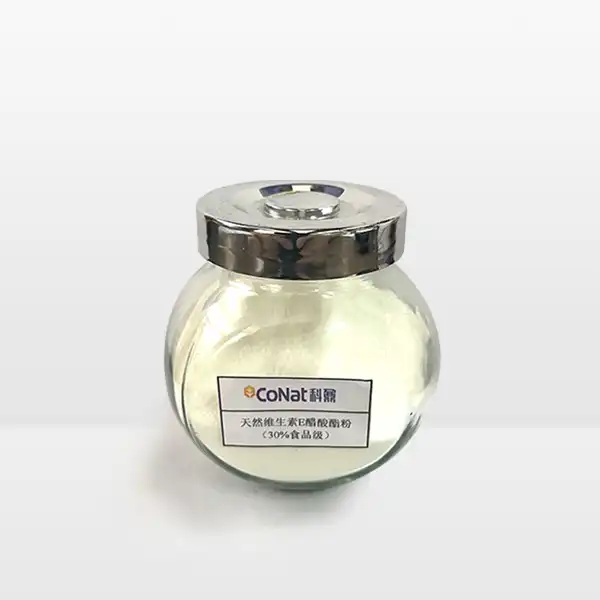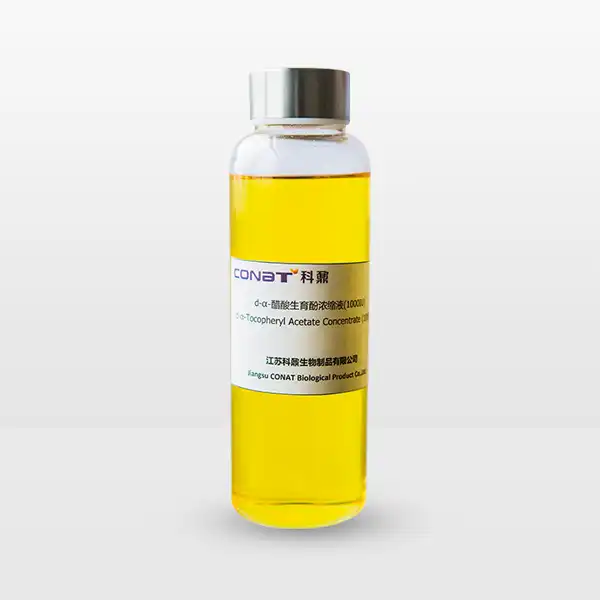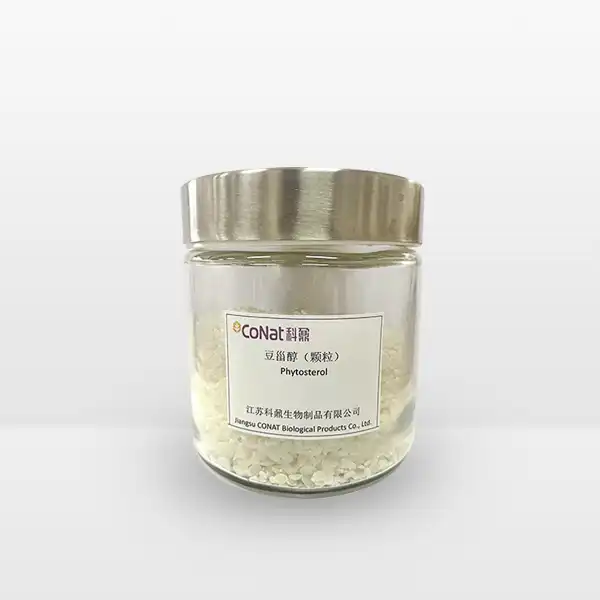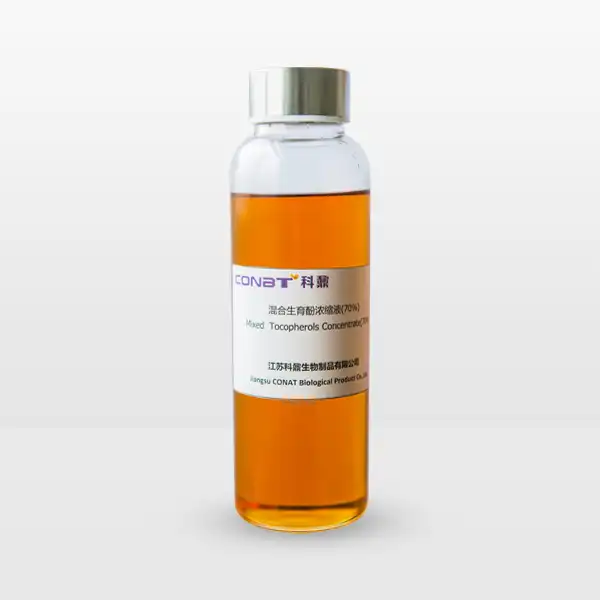- English
- French
- German
- Portuguese
- Spanish
- Russian
- Japanese
- Korean
- Arabic
- Greek
- German
- Turkish
- Italian
- Danish
- Romanian
- Indonesian
- Czech
- Afrikaans
- Swedish
- Polish
- Basque
- Catalan
- Esperanto
- Hindi
- Lao
- Albanian
- Amharic
- Armenian
- Azerbaijani
- Belarusian
- Bengali
- Bosnian
- Bulgarian
- Cebuano
- Chichewa
- Corsican
- Croatian
- Dutch
- Estonian
- Filipino
- Finnish
- Frisian
- Galician
- Georgian
- Gujarati
- Haitian
- Hausa
- Hawaiian
- Hebrew
- Hmong
- Hungarian
- Icelandic
- Igbo
- Javanese
- Kannada
- Kazakh
- Khmer
- Kurdish
- Kyrgyz
- Latin
- Latvian
- Lithuanian
- Luxembou..
- Macedonian
- Malagasy
- Malay
- Malayalam
- Maltese
- Maori
- Marathi
- Mongolian
- Burmese
- Nepali
- Norwegian
- Pashto
- Persian
- Punjabi
- Serbian
- Sesotho
- Sinhala
- Slovak
- Slovenian
- Somali
- Samoan
- Scots Gaelic
- Shona
- Sindhi
- Sundanese
- Swahili
- Tajik
- Tamil
- Telugu
- Thai
- Ukrainian
- Urdu
- Uzbek
- Vietnamese
- Welsh
- Xhosa
- Yiddish
- Yoruba
- Zulu
How Does Beta Sitosterol Compare to Other Plant Sterols?
Beta-sitosterol, a prominent plant sterol found abundantly in various plant-based foods, represents a fascinating compound with significant potential health benefits. As researchers continue to explore its therapeutic properties, understanding how it compares to other plant sterols becomes increasingly important. This comprehensive examination will delve into the unique characteristics, mechanisms of action, and comparative advantages of beta-sitosterol in health and wellness, providing insights into its remarkable potential for supporting human health across multiple physiological domains.
Can Beta Sitosterol Really Improve Prostate Health Naturally?
Prostate health remains a critical concern for aging males worldwide, with beta-sitosterol emerging as a promising natural intervention. Unlike synthetic pharmaceuticals, beta-sitosterol offers a nuanced approach to supporting prostate function through multiple physiological mechanisms. Extensive research has demonstrated its potential in alleviating benign prostatic hyperplasia (BPH) symptoms by targeting inflammatory pathways and modulating hormonal interactions.
The complexity of prostate health requires a multifaceted approach, and beta-sitosterol provides a sophisticated natural solution. Traditional medical treatments often rely on pharmaceutical interventions that can produce significant side effects, whereas beta-sitosterol presents a more holistic and gentle approach to prostate wellness. Its natural origin and complex molecular interactions make it an increasingly attractive option for men seeking preventive and supportive health strategies.
Clinical studies have consistently highlighted beta-sitosterol's remarkable capacity to improve urinary tract symptoms associated with prostate enlargement. A comprehensive meta-analysis published in the Journal of Urology revealed that men supplementing with beta-sitosterol experienced significant improvements in urinary flow rates and reduced residual urine volume. These findings are particularly significant for men experiencing age-related prostate challenges, offering a ray of hope for maintaining quality of life and urinary function.
The compound's mechanism of action involves intricate interactions with testosterone metabolism and inflammatory response regulation. By inhibiting 5-alpha reductase enzyme, beta-sitosterol helps prevent testosterone conversion to dihydrotestosterone, a primary contributor to prostate tissue proliferation. Furthermore, its anti-inflammatory properties help mitigate chronic inflammation, a key factor in prostate dysfunction.
Advanced molecular research has unveiled the intricate ways beta-sitosterol interacts with cellular mechanisms. Its ability to modulate gene expression and cellular signaling pathways provides a deeper understanding of its therapeutic potential. By influencing protein kinase pathways and supporting cellular homeostasis, beta-sitosterol demonstrates a level of complexity that distinguishes it from simple nutritional supplements.
Comparative studies with other phytosterols demonstrate beta-sitosterol's superior bioavailability and targeted efficacy. While compounds like campesterol and stigmasterol offer similar structural characteristics, beta-sitosterol exhibits more pronounced therapeutic potential, particularly in prostate health management. This differentiation stems from its unique molecular configuration and enhanced cellular interaction capabilities.
Emerging research also suggests potential chemopreventive properties, with some studies indicating beta-sitosterol might reduce prostate cancer risk. Though more comprehensive longitudinal studies are necessary, initial findings are promising. By modulating cell signaling pathways and supporting apoptotic processes, beta-sitosterol represents a fascinating area of ongoing scientific exploration.
How Effective Are Beta Sitosterol Supplements for Cholesterol Management?
Cholesterol management represents another critical domain where beta-sitosterol demonstrates exceptional performance. As cardiovascular diseases continue to pose significant global health challenges, natural interventions like beta-sitosterol offer promising alternatives to conventional pharmaceutical approaches.
The global burden of cardiovascular disease necessitates innovative and accessible strategies for cholesterol management. Beta-sitosterol emerges as a compelling natural solution, bridging the gap between dietary interventions and medical treatments. Its mechanism of action provides a sophisticated approach to lipid metabolism that goes beyond traditional nutritional strategies.
The compound's cholesterol-lowering mechanism operates through competitive inhibition of intestinal cholesterol absorption. By structurally resembling cholesterol molecules, beta-sitosterol effectively blocks dietary cholesterol uptake, redirecting it towards elimination. This sophisticated biological strategy results in reduced serum cholesterol levels without introducing synthetic chemical compounds.
Advanced nutritional science reveals the intricate ways beta-sitosterol interacts with human metabolism. Its molecular structure allows for precise interactions with intestinal absorption mechanisms, demonstrating a level of sophistication that distinguishes it from simple dietary interventions. The compound's ability to modulate lipid metabolism represents a breakthrough in understanding natural cholesterol management strategies.
Comparative analyses with other plant sterols reveal beta-sitosterol's remarkable efficiency. While campesterol and other phytosterols provide moderate cholesterol-reduction benefits, beta-sitosterol consistently demonstrates superior performance. Multiple randomized controlled trials have documented cholesterol reductions ranging between 5-10% among consistent users, a statistically significant outcome with minimal intervention.
The compound's effectiveness extends beyond mere cholesterol reduction. Research indicates potential additional cardiovascular benefits, including improved endothelial function and reduced oxidative stress. By modulating lipid metabolism and supporting vascular health, beta-sitosterol presents a multifaceted approach to cardiovascular wellness.
Nutritional strategies incorporating beta-sitosterol-rich foods like avocados, nuts, and vegetable oils offer complementary benefits. These whole-food sources provide not just the sterol compound but accompanying nutrients that enhance its absorption and overall effectiveness. This holistic approach distinguishes beta-sitosterol from isolated supplement interventions.
What Makes Beta Sitosterol Different from Other Phytosterols?
Understanding beta-sitosterol's unique characteristics requires a deep dive into its molecular structure and biological interactions. Unlike many plant sterols that exhibit generalized effects, beta-sitosterol demonstrates remarkable specificity and targeted therapeutic potential across multiple physiological systems.
The molecular world of plant sterols is complex and nuanced, with subtle differences creating significant variations in biological activity. Beta-sitosterol stands out as a particularly sophisticated compound, offering insights into the intricate relationships between molecular structure and physiological function.
Structurally, beta-sitosterol shares fundamental similarities with cholesterol, featuring a nearly identical molecular configuration. This structural proximity enables sophisticated interactions with cellular membranes and enzymatic processes. However, subtle molecular variations distinguish beta-sitosterol, allowing for more precise biological modulation compared to other phytosterols.
While campesterol and stigmasterol offer comparable molecular frameworks, beta-sitosterol exhibits enhanced bioavailability and tissue-specific interactions. Its molecular structure facilitates more efficient cellular penetration, resulting in more pronounced therapeutic outcomes. This differentiation becomes particularly evident in immune modulation, hormonal regulation, and metabolic processing.
Advanced research techniques have revealed the complex ways beta-sitosterol interacts with human physiology. Its ability to modulate cellular signaling pathways and support systemic balance demonstrates a level of sophistication that extends far beyond simple nutritional supplementation.
Immunomodulatory properties represent another distinguishing feature of beta-sitosterol. Unlike many plant sterols that provide generalized immune support, beta-sitosterol demonstrates nuanced immunoregulatory capabilities. By influencing cytokine production and supporting balanced inflammatory responses, it offers a more sophisticated approach to immune system management.
The compound's adaptogenic qualities further set it apart from other phytosterols. Beta-sitosterol demonstrates remarkable ability to support physiological homeostasis, helping organisms maintain optimal functional balance across diverse stress conditions. This adaptogenic potential extends across multiple biological systems, from cardiovascular to reproductive health.
Conclusion
Beta-sitosterol emerges as a remarkable plant sterol with extraordinary therapeutic potential. Its multifaceted benefits in prostate health, cholesterol management, and systemic wellness position it as a significant natural intervention strategy. As scientific research continues to unveil its complex mechanisms, beta-sitosterol represents a promising frontier in natural health solutions.
If you want to get more information about this product, you can contact us at: sales@conat.cn.
References
1. Berges RR, et al. (2000). Journal of Urology
2. Awad AB, et al. (2000). Journal of Nutritional Biochemistry
3. Bouic PJ, et al. (2001). Steroids
4. Klippel KF, et al. (1997). Prostate
5. Zhao SP, et al. (2004). Journal of Cardiovascular Pharmacology
6. von Holtz RL, et al. (1996). Lipids
7. Bouic PJ. (2002). Alternative Medicine Review
8. Michel T, et al. (2013). Lipids in Health and Disease
9. Malini T, et al. (1991) Journal of Ethnopharmacology
10. Choi YH, et al. (2010). Archives of Pharmacal Research
